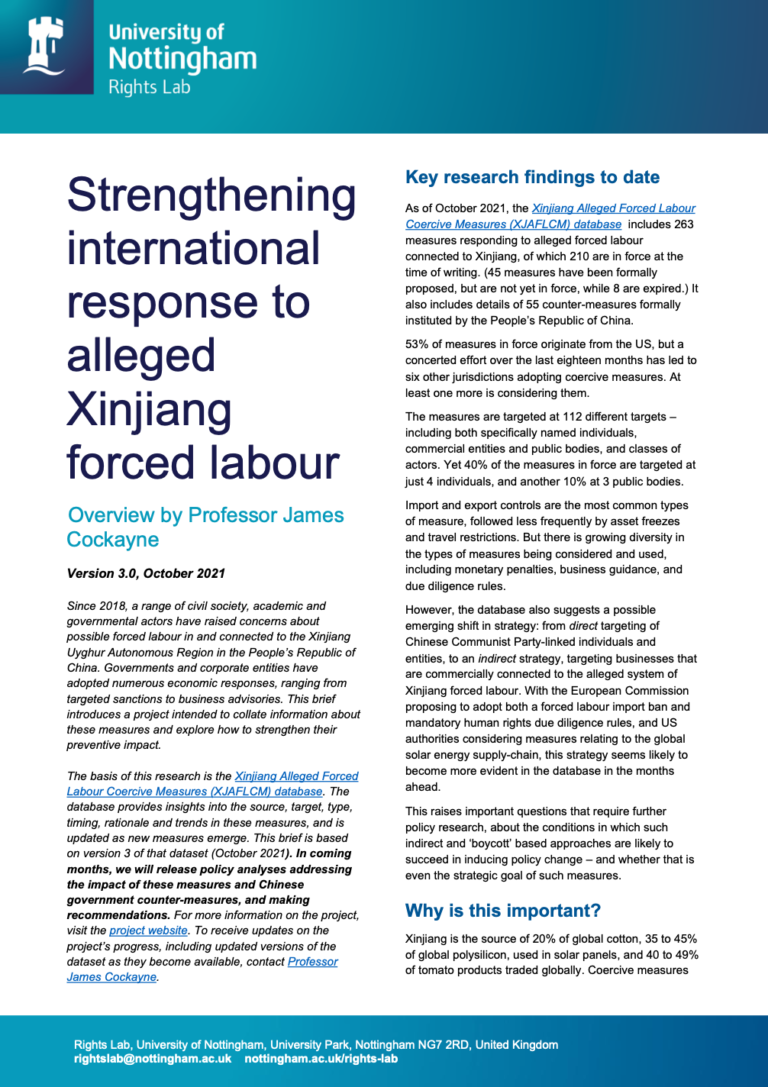Model Law against Trafficking in Persons
GuidanceThe UNODC Model Law against Trafficking in Persons was developed by theUnited Nations Office on Drugs and Crime (UNODC) in response to the request of the General Assembly to the Secretary-General to promote and assist the efforts of Member States to...Read More

